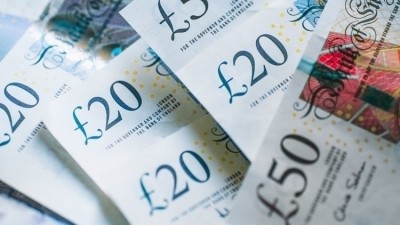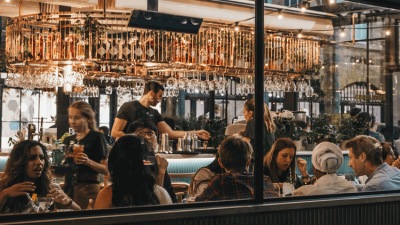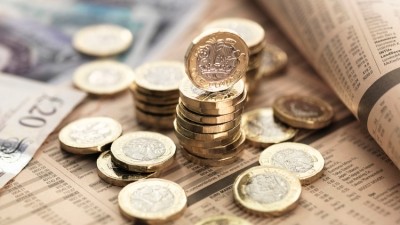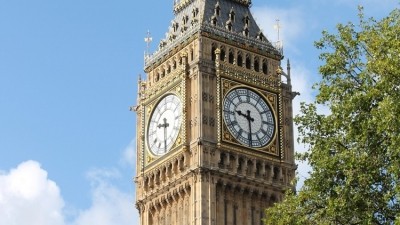Price rises in restaurants and pubs push up UK inflation
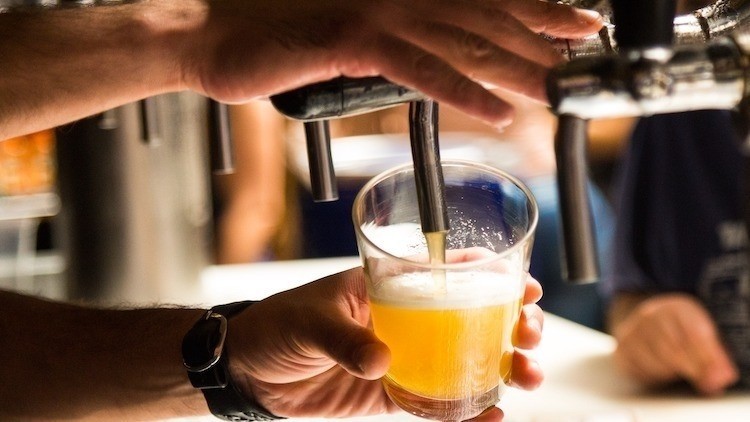
According to the Office for National Statistics (ONS), the Consumer Prices Index (CPI) rose by 10.4% in the 12 months to February 2023, up from 10.1% in January.
It follows three consecutive months of falling inflation prior to February, cooling from a peak of 11.1% in October.
The main driver behind the increase in the rate between January and February 2023 came from restaurants and cafés, where prices rose by 11.4% in the year to February 2023, up from 9.4% in the year to January 2023.
This was a result of larger price rises between January and February 2023 than between the same two months in 2022. The upward pressure came from price increases for alcohol served in restaurants, cafés, and pubs.
The rise follows some price falls in January 2023 for items such as gin, whisky and some beers. However, the monthly rise into February 2023 was larger than the fall in January 2023.
Meanwhile, food and non-alcoholic drink prices rose by 18.2% in the year to February 2023, up from 16.8% in January.
The annual rate for this category is the highest observed for over 45 years, with recent fruit and vegetable shortages, which saw tomatoes and other products become harder to come by on supermarket shelves, highlighted by the ONS as the driving force behind the rise in fresh food costs.
ONS chief economist Grant Fitzner said: “Inflation ticked up in February mainly driven by rising alcohol prices in pubs and restaurants following discounting in January.
“Food and non-alcoholic drink prices rose to their highest rate in over 45 years with particular increases for some salad and vegetable items as high energy costs and bad weather across parts of Europe led to shortages and rationing.
“These were partially offset by falls in the cost of motor fuel, where the annual inflation rate has eased for seven consecutive months."
The latest figures come after Chancellor Jeremy Hunt said in last week's Budget that the Office for Budget Responsibility had forecast inflation would fall to 2.9% by the end of 2023.
Responding to the latest ONS figures, UKHospitality Chief Executive Kate Nicholls said: “If the Government is serious about bringing inflation under control quickly then it therefore needs to address the cost of doing business in the sector, particularly as this is only set to get worse this April when support with soaring energy costs falls away.
“At this point, contracted prices are due to rise a further 82% on average, which will force operators to raise prices for consumers again, further driving inflation.
“The solution is clear: urgent action on the market failures identified by OFGEM last week to force suppliers to the table, to enforce the renegotiation of contracts signed between July and December 2022, penalty-free, and to enact full regulation of the non-domestic energy market, if suppliers are not willing to act.”
